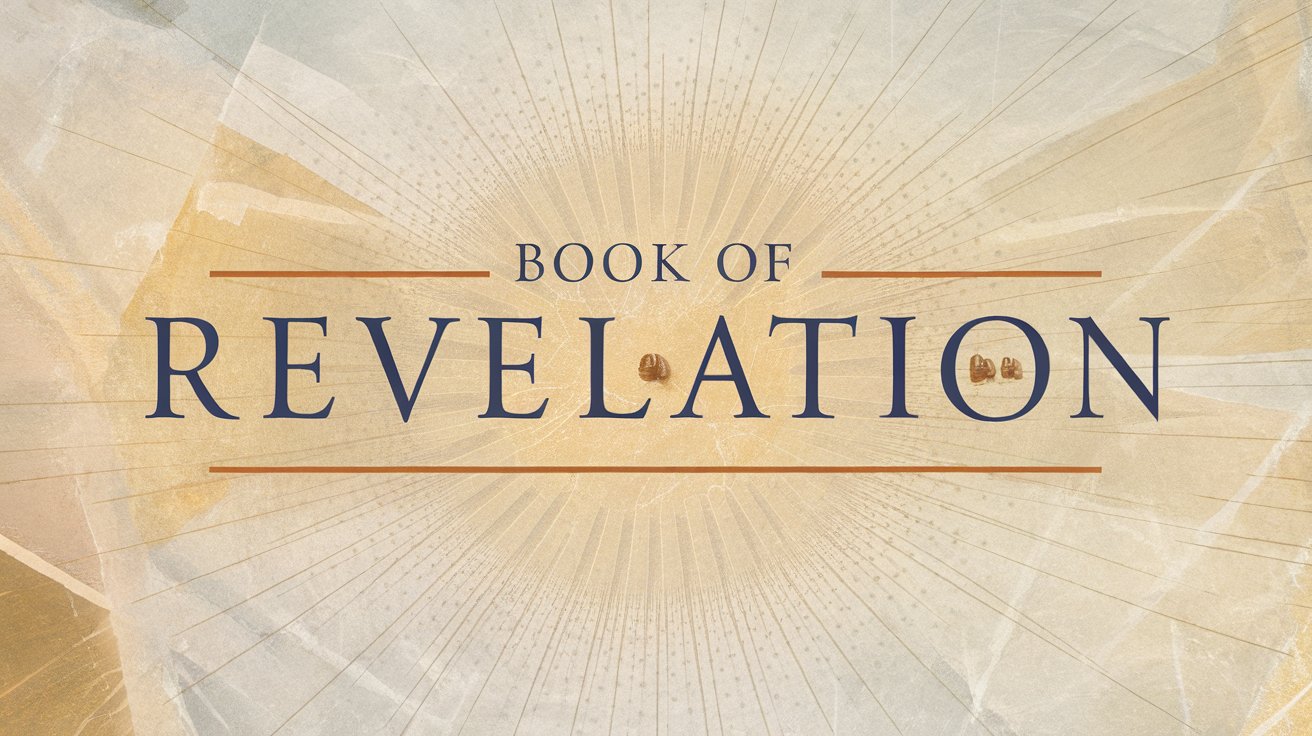Revelation 1:1 Commentary
Verse Text
“The Revelation of Jesus Christ, which God gave Him to show to His bond-servants, the things which must soon take place; and He sent and communicated it by His angel to His bond-servant John.” (NASB)

Immediate Context
This verse serves as the introduction to the entire book of Revelation. It establishes the book as a divine revelation given by God to Jesus Christ, who then shares it with His bond-servants (believers) through an angel to John.
Key Insights
- The word “Revelation” (Greek: apokalypsis) means “an unveiling” or “a disclosure” of hidden truths. This sets the tone for the entire book as a revealing of God’s plan for the future.
- The phrase “things which must soon take place” conveys urgency and emphasizes the prophetic nature of the message.
- The chain of communication—God to Jesus, Jesus to the angel, angel to John—demonstrates the divine authority and the importance of the message being delivered.
- The term “bond-servants” (Greek: doulos) refers to believers who are committed to serving Christ and are therefore the intended audience of this revelation.
Biblical Themes
- Revelation and Prophecy: This verse establishes the book as prophetic, revealing God’s plans.
- Divine Authority: The message’s divine origin emphasizes the authority and reliability of what is being revealed.
- Urgency and Imminence: There is a sense of urgency in the phrase “must soon take place,” indicating that the prophecies are relevant for the present and future.
- God’s Communication with His Servants: God’s desire to communicate His plans to His people is evident in the structured delivery of the revelation.
Cross References
- Daniel 2:28-29 – God reveals future events through dreams and visions.
- John 16:15 – Jesus explains that all things from the Father are given to Him, showing the divine unity in the revelation process.
- Amos 3:7 – God does nothing without revealing His plan to His servants, the prophets.
Reflection Question
How does understanding that Revelation is meant to unveil God’s plans affect how you approach this book and its prophecies?
Did You Know?
- The word “Revelation” (apokalypsis) appears only once in the Book of Revelation itself but sets the tone for the entire text as an unveiling of divine mysteries.
- The Book of Revelation is one of the few biblical books that specifically mentions the process of its delivery (from God to Jesus to an angel to John), emphasizing its divine origin and authenticity.
- The Greek term “bond-servants” (doulos) was commonly used to describe someone entirely devoted to serving their master, which, in the context of Revelation, reflects the expected response of believers to God’s unfolding plan.


